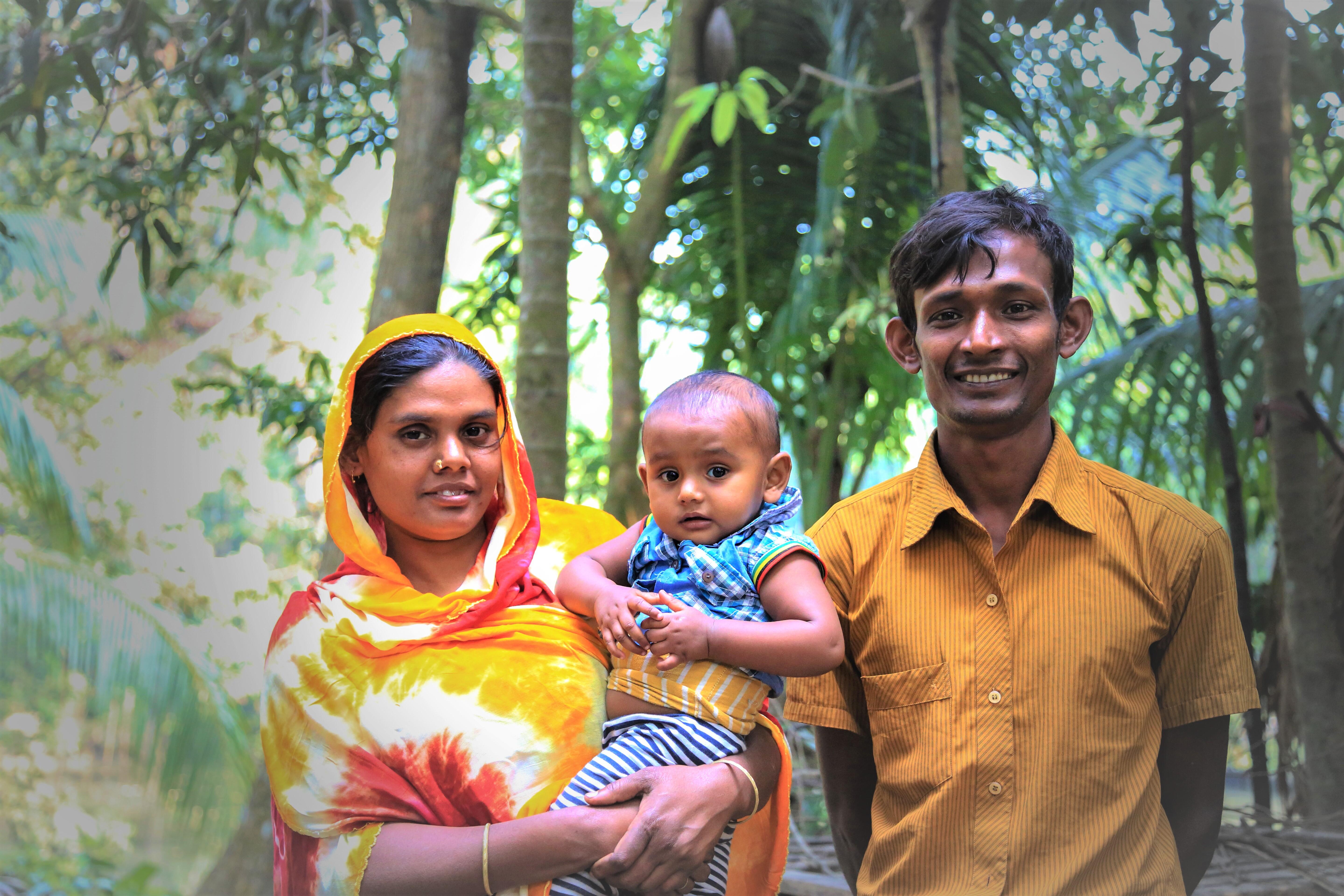My name is Shima. I am 31 and I live in a very small village in Chatkhil Upazila in Noakhali District.
I am a housewife, and I come from a poor family. Like many other pregnant mothers in our area, I did not receive proper care, nutrition, or check-ups during my pregnancy. I also did not know about the importance of birth spacing and family planning.
I delivered my third child at home by a local ‘Dai’, an untrained birth attendant. My delivery took a long time, but I don’t think the Dai realised.
After a very difficult delivery, I gave birth to my baby girl. But I suffered from dribbling urination and I did not know what to do.
I felt helpless. My mother-in-law thought I was cursed because I delivered three daughters in a row, and they did not help me. Finally, with the help of a neighbour, I visited the Chatkhil Upazilla Health Complex. I asked for advice and desperately sought a cure for my unbearable condition.
They said that I had not been healthy, before or after the birth process. After some tests, they confirmed that I had a fistula. They told me to go to Dhaka for treatment, but I could not afford the cost for treatment nor the cost of staying in Dhaka city.
UNFPA supports those left behind like Shima. The Gynae Consultant from the Upazilla Health Complex contacted the UNFPA Field Officer to get further support, and together they agreed with the MAMMS Institute of Fistula that the whole treatment and any related costs would be made free for the patient. With this information, the Field Officer was able to convince the family that the best thing for Shima would be to receive treatment in Dhaka city.
“I was able to undergo the surgery and I am feeling fine now. My husband and I are very happy, and we are so thankful to UNFPA. We now know the importance of regular check-ups during pregnancy and in deliveries by skilled birth attendants. We promise to educate others in our community.”
Today, on International Day to End Obstetric Fistula, the fight to end this tragic condition is needed now more than ever. Women and girls from vulnerable communities, like Shima, are at higher risk of obstetric fistula due to the current COVID-19 pandemic. UNFPA is working closely with the Government of Bangladesh to raise awareness among communities and to intensify actions towards ending obstetric fistula. Together, let’s end fistula in Bangladesh.


